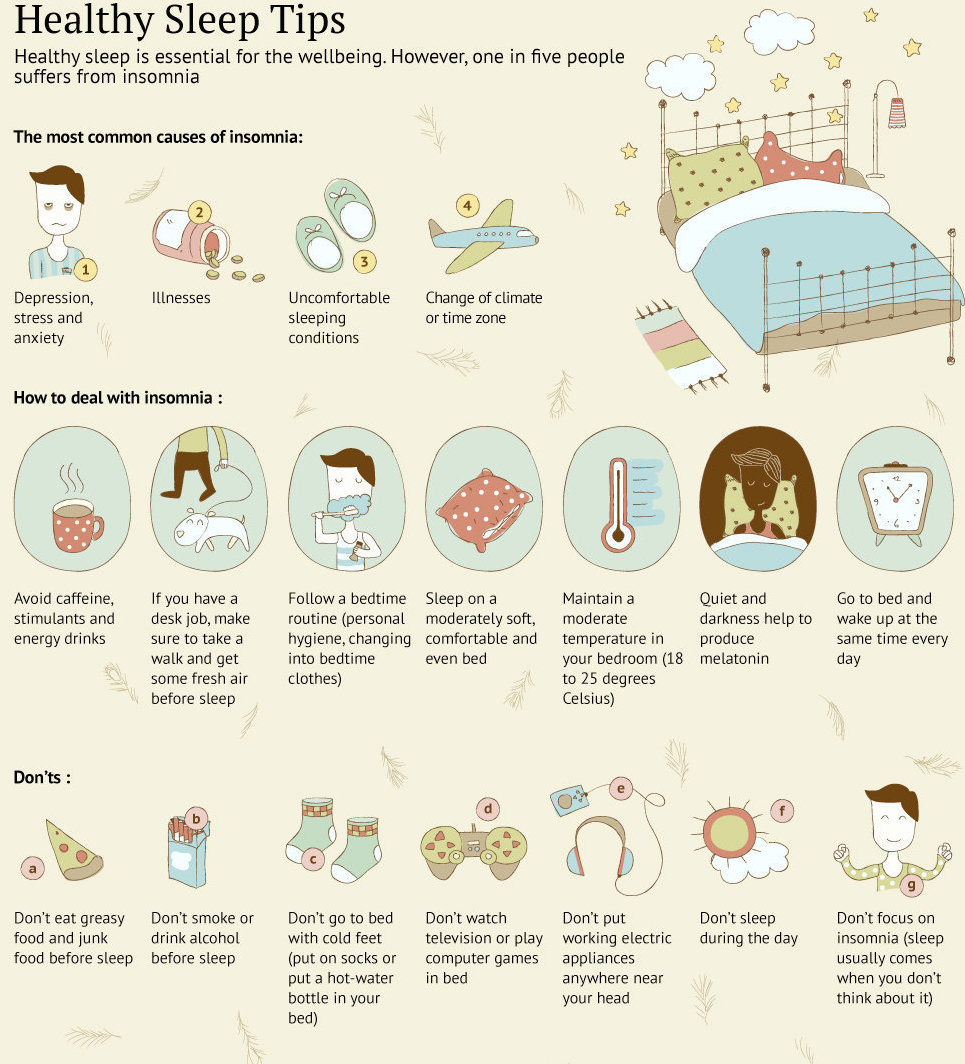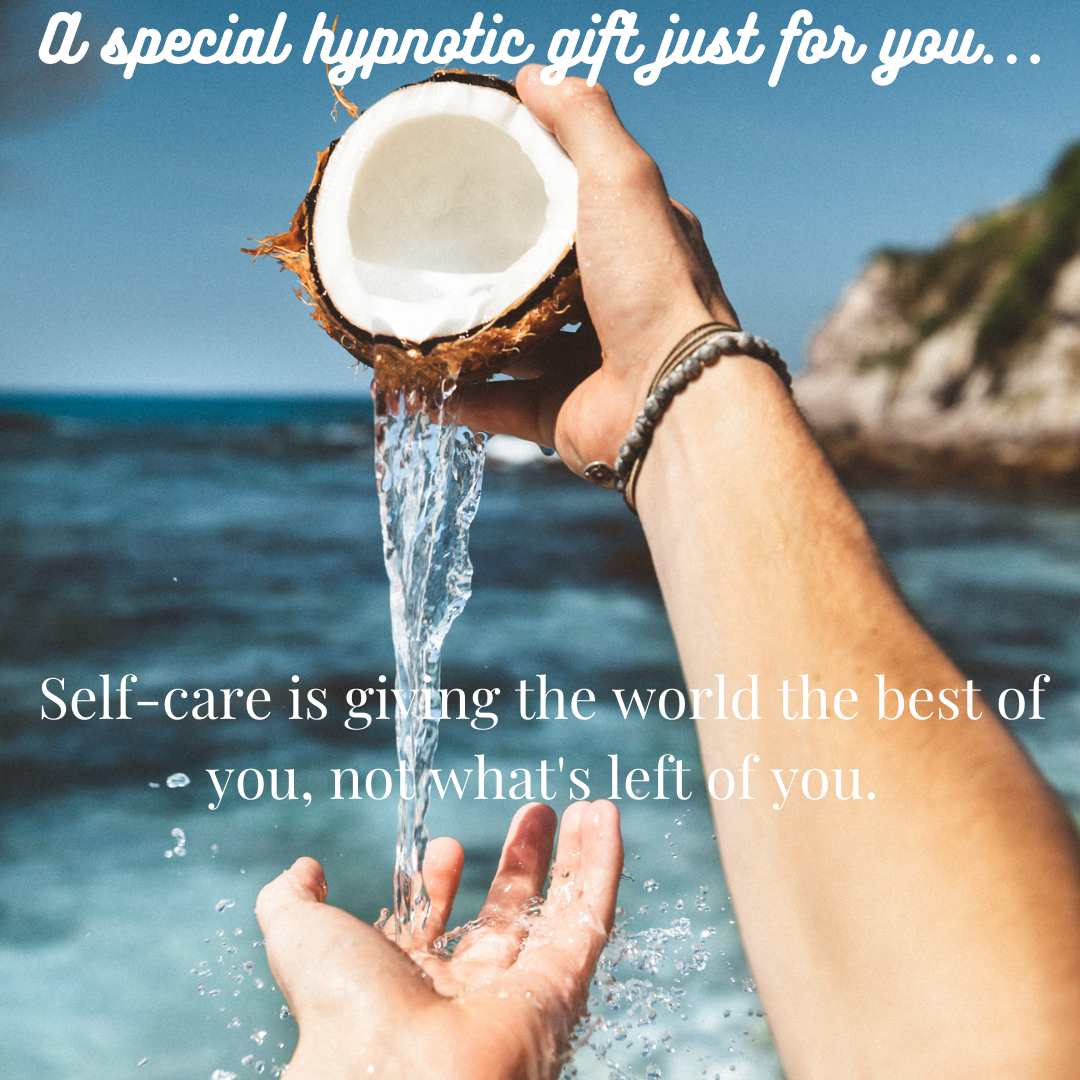Sleep Relaxation Techniques to Get Your ZZZZZs
Sleep relaxation techniques can help you, not only get adequate sleep, but restorative sleep. How did you sleep last night? More importantly, how long did you sleep? Not getting enough sleep is one of the top causes for feeling stressed.
Sleep Relaxation Techniques:
|
Without adequate sleep, we don't get the chance to de-stress and process everything that's happened the previous day. Sure, we can pull it off for a time, but eventually our health and our productivity suffers. While there are seasons in life when we have to make due with little sleep like the weeks and months after having a baby, it shouldn't be a long-term strategy. If we make it that, we risk having some negative long-term health consequences including heart attack and stroke along with it.
That's right, stress kills and lack of sleep is its accomplice. It's time to take a stand and make sleep a priority. You'll be pleasantly surprised how much more you'll get done during your waking hours and how unstressed you'll feel as a result.
Aim to get a good eight hours of sleep per night. I find it easiest to work backwards. Determine what time you really need to get up in the morning to make it to work on time. If exercise in the morning is important to you, and something you benefit from, account for that as well. The same goes for spiritual and meditative habits. Once you have your ideal wake-up time, work backwards eight to nine hours to find your new bed-time. Get in the habit of going to bed at that hour and make it part of your routine. Once you see how much you benefit from a full night's sleep, you'll be hooked! Both your body and mind will thank you for it. Try some of the following sleep relaxation techniques.
Sleep Relaxation Techniques:
THE RELAXATION RESPONSE
|
A) Sleep Relaxation Techniques: Relax your muscles throughout the body Lie down or sit comfortably. Close your eyes. Feel relaxation gradually spread throughout your body. Some people start with the head and feel relaxation spread to the toes. Others find it easier to start with the feet and feel relaxation rise to the head. Again, choose whichever makes you comfortable. You may feel warmth, heaviness, tingling, or floating as signs of relaxation. Some people may feel nothing specific. Explore the body scan relaxation technique. |
B) Sleep Relaxation Techniques: Establish a relaxed breathing pattern
When relaxed or sleeping, we breathe with the abdomen. This is the most relaxing to the body because carbon dioxide is expelled and oxygen inhaled efficiently. When we feel stressed, our breathing pattern changes to short, shallow, regular chest breaths, or we hold our breath. This type of breathing is not effective in inhaling oxygen and exhaling carbon dioxide. This further stresses the body. Since waste products were not removed during the breathing out, they build up in the bloodstream and we feel more anxious.
So, it is important that we learn how to breathe deeply. Yoga has an entire section called pranayama breathing that deals with the science of breathing.
C) Sleep Relaxation Techniques: Go to Your Happy Place
For many choosing a word and repeating it may help to keep their attention away from day to day problems. Transcendental meditation gives a personal mantra. You can, however, choose a word that may have special meaning to you such as peace, one, or relax. You can also use the rise and fall of the abdomen as you breathe. Some find it easier if they count or say the word with the breath. Others repeat a word silently with each exhalation.
Use your 5 senses to relax and choose a visual image of an enjoyable, relaxing place as the mental focusing device. Examples are:
- A favorite vacation spot
- The beach
- A meadow
- Floating on a cloud

